Care Transition Accelerator Academy
Training Leaders to Support the Transition from Residential to Family Care
Children need families.
Scripture and science are clear: children need families to thrive.
Yet millions of children around the world are separated from family care, often living in residential care centers such as orphanages and children’s homes. Around the world, we are seeing a global movement of programs transitioning their services from residential to family-based solutions. Thousands of children have been moved from residential to family care, and thousands more individuals, communities, and churches have been impacted as programs now engage with entire families, rather than individual children.
Moving toward family solutions is possible, but complex.
Residential care providers can’t make this transition alone. In addition to continuing to run their existing programs, they must determine how to expand the care they provide to include new models. Where do they start? How do they make a plan? What needs to be in the plan? How much will this all cost? How do they engage government leaders in the process? It can feel like an enormous undertaking.
Programs in transition need personalized support and guidance.
Effective change often happens in the context of relationships, and programs are more likely to successfully move toward family solutions when they have a coach to guide them. But currently, there is a lack of coaches with the adequate training and experience to support programs in every nation and language.
That’s where the Care Transition Accelerator Academy comes in.
The Care Transition Accelerator Academy (CTAA) is a highly-competitive, first-of-its-kind, two-year training program for leaders in care reform. Qualified applicants will become CTAA Fellows, receiving learning from world-class experts, access to an extensive and curated list of resources, participation in a one-year mentored practicum, and more. Program graduates will be certified as Transition Coaches, enabling them to walk alongside programs in their region who are in the process of transitioning from residential to family care.
*Application window is currently closed.
Here's how it works
2023-2025
October 2023
Applications open Oct 1, 2023.
December 2023
Finalists selected and notified.
January 2024
Semester 1 coursework begins.
July 2024
Semester 2 coursework begins.
September 2024
In-person meetings at the annual CAFO Summit in the USA.
October 2024
Participants apply for the Practicum phase of the program.
December 2024
Participants are notified of the Practicum finalist selection.
January 2025
Practicum begins.
September 2025
In-person meetings at the annual CAFO Summit in the USA.
December 2025
Practicum reports are due and Program graduation.
Application window is currently closed.

Who is this program for?
Ideal candidates for this program...
What You’ll Learn
CTAA participants gain a wealth of knowledge on topics such as:
Global guidance in care reform
Program foundations needed before transition
Assessing readiness to transition
Principles of coaching
Awareness raising & fundraising
Staff training & leadership development
Identifying & training families
Preventing separation
…and so much more!
Ultimately, you will be equipped with all the tools and resources necessary to walk programs through the process of transitioning from residential to family care.
What's it like to be part of CTAA?
Hear what past CTAA Fellows have to say!
Frequently asked questions
It is not. In 2020, we launched the first-ever CTAA Cohort. They graduated from the program in 2022. You can learn more about those students here.
This program will be entirely in English. It will be necessary for any participants to have strong English skills.
Yes. Homework will include reading, watching videos, worksheets, developing strategic plans, finding data, and more. This is a rigorous program, and you should expect to spend 3-4 hours on homework or projects per week, in addition to the weekly two-hour class. All homework is carefully developed to build your skills, so all of it is important to the learning process.
Participants will need around 6 hours per week to dedicate to this program.
Meetings will occur Tuesdays or Thursdays at 9 AM Eastern time.
This course has a hybrid format, meaning that each week you will independently work through course material, complete homework and projects, and engage in the online platform. Additionally, you will attend weekly live sessions where all participants learn together.
Yes. CTAA participants should plan to travel to the U.S. for the annual CAFO Summit in September 2024 and September 2025. Participants will be responsible for funding their own travel.
Thanks to a generous donor, all qualified applicants who are selected to participate in the CTAA program receive a full scholarship covering the $10,000 cost of participation in this elite program.
Yes! The mandatory weekly meetings will take place at 9 AM Eastern time, so it will be important to identify what time that is where you are. It is also critical to have a strong internet connection, as participants will need access to both audio and video during the meetings. There will be two in-person events in the U.S. for the annual CAFO Summit in both September 2024 and September 2025.
Those who satisfactorily complete the program will be eligible to receive a certificate. This includes class attendance, coursework completion, and other factors.
Only those who satisfactorily complete the first year of the program will be eligible to participate in the practicum experience.
Application window is currently closed. Please check back in 2024 to see when the next round of applications will be reviewed.
Absolutely!
